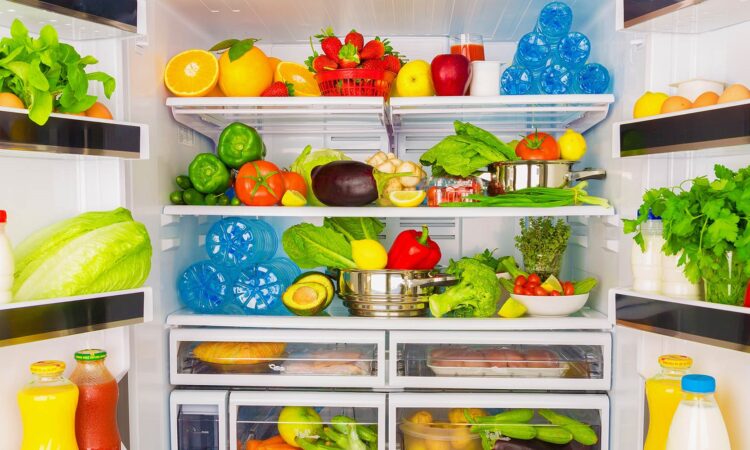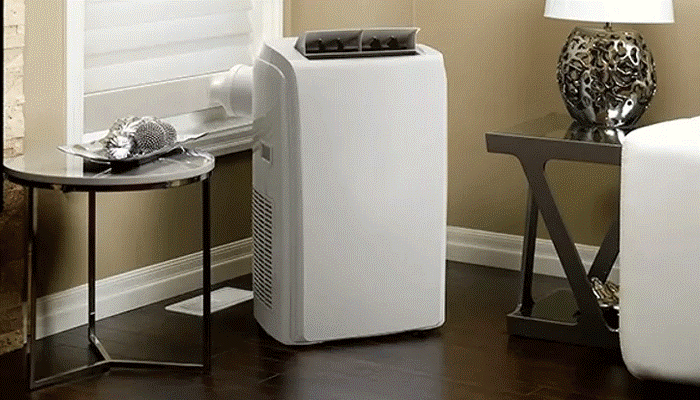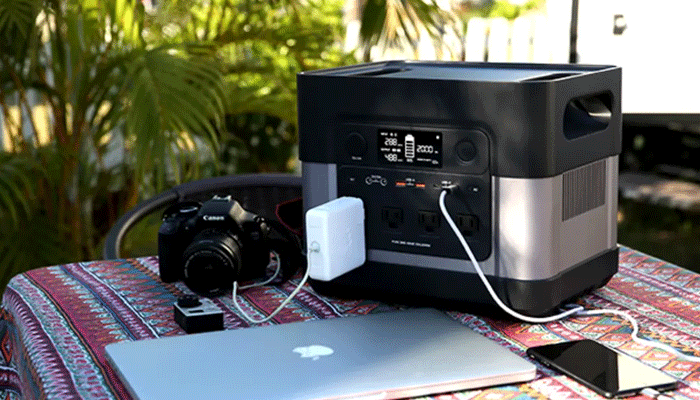
Perishables such as bananas, bread, and produce can spoil quickly, but with a few simple tricks, you can extend your life and avoid frequent trips to the store. Keeping your groceries fresh will save you time, money, and gas, and reduce the amount of food you have to purchase. By using the proper storage methods, you can extend the shelf life of your groceries and keep them fresh for longer.
How to Keep Produce Fresh
Many people are concerned about wasting produce, but there are some simple methods you can follow to keep produce fresh longer. The first step is to make sure the temperature in your refrigerator is accurate. You can check this by using a candy or bulb-style thermometer. If the temperature is off, adjust the dial to make sure it reaches the desired temperature.
Secondly, select fresh produce. To make sure your product lasts the longest, choose leafy greens that have rich colors without yellowing leaves. Avoid root vegetables that have blemishes or soft spots. It also helps to purchase products from the produce section of a grocery store rather than order it through a grocery delivery service.
Another tip is to store fruits and veggies separately. Citrus fruits, like lemons, should be stored in the refrigerator, since they tend to dry out quickly if they’re exposed to the air. Lemons and limes, especially, should be stored in an airtight container to maintain moisture. You can also wrap oranges individually in parchment paper before storing them in the fridge. While this will help preserve the orange’s flavor, it will not prevent decay.
The best way to keep fruits and vegetables fresh is to avoid placing them on the countertop. Avocados, mangoes, grapes, citrus, and tomatoes will ripen on the countertop. Instead, store them in the fridge or fruit bowl. Stone fruits, such as melon, should be kept out of the fridge until soft. Cut fruit, such as tomatoes, will lose its flavor if kept in the refrigerator for a long time. A better option is to store it stem-side down since this is the part of the tomato that ripens last.
Another way to keep produce fresh and last longer is to place them in plastic bags. These bags will keep moisture from evaporating and prevent the produce from going limp. If you don’t like plastic bags, then use reusable lidded containers.
Cleaning the Fridge
You can extend the freshness of your groceries by cleaning the fridge regularly. It is best to clean it at least three times a year. You can use a mixture of 50 percent vinegar and 50 percent water to clean the fridge. Store the mixture in a spray bottle for daily spot cleaning. Wipe out any crumbs and spills.
If you’re looking for more affordable electronic appliances, look no further than Betta Coupon Code. The first step to cleaning the fridge is to remove past-due foods from the fridge. These food items are prone to going bad and may even smell bad. Also, you should clean the shelf before each week’s groceries. This will ensure that you don’t miss any spills or smudges.
If you find the odor unpleasant, you can use a cleaner that is specially designed to remove odors. A good option is a cleaner that contains bleach. The product also works on glass surfaces. For the rest of the parts, you can use a dishcloth and wipe them down.
After cleaning the refrigerator, you should reorganize the food so that you can easily find them. You should also pull out the older items and put them in the front. This way, you can easily grab them when you need them. This way, you’ll be less likely to waste food and save money.
Another part of cleaning the fridge is cleaning the cooling coils. This part of the refrigerator is the heart of the unit. If it’s not clean, it will lose its efficiency. In some cases, the coils may even burn out!
Buying in Bulk
Buying in bulk not only saves you money but also allows you to stock up on a variety of items that can keep for a long time. You can stock up on dried fruits, nuts, grains, seeds, and flour. Many of these items are available in bulk and can be stored in the freezer for months.
Buying in bulk does require some planning, but the rewards are worth the investment. In addition to saving money in the long run, you will also reduce waste. When you buy in bulk, you can save on packaging, which is important if you want to avoid wasting food. You will also save time, gas, and other related expenses. Bulk grocery purchases also promote healthier food choices. If you want to save more money on your next purchase, use the Food & Drinks Discount Codes.
Although buying in bulk is often beneficial, many disadvantages can sneak up on you. For example, if you don’t have the space in your home to store all your items, you may end up with more of the same than you need. You may also find that the variety you want is limited at warehouse stores. If this is the case, you might have to make several trips to the store to find what you need. Additionally, you may only find one warehouse in a particular area, which means you may have to drive ten or thirty miles.
When buying in bulk, you need to be sure you have enough storage space. If you live in an apartment, you may not have enough space for a big purchase, so you may want to use a garage, basement, or closet. If you have a single-family house, you might even have the space for small storage space.
Meal Planning
Grocery shopping is a challenge, especially if you buy perishables like bananas and bread, which have a short shelf life. However, there are some simple tricks you can use to extend the shelf life of these items and save money, gas, and time. If you want save huge money with coupon codes, vouchers, and Exclusive Deals from Budget Gainer. In addition, storing your groceries correctly can help prevent food spoilage and reduce shopping trips.
First of all, you should try to plan your meals. When you go grocery shopping, you should only pick items you need. For instance, when you get green beans that are about to go wonky, you can boil them or pickle them. This will prevent them from spoiling and making you throw away good food. Also, try not to store them in the door of the refrigerator. The temperature is too low for food to remain fresh in this environment.
Expiration Dates as Guidelines vs Hard-and-fast Rules
Expiration dates are a helpful guide to keeping your groceries fresh and preventing food waste. According to the U.S. Food and Drug Administration, Americans throw out approximately $161 billion worth of food each year that could have been eaten and enjoyed. By following expiration dates, you can prevent this waste and save yourself money. Read on to learn how to properly store your groceries for longer shelf life.
When purchasing groceries, use expiration dates as guidelines instead of hard-and-fast rules. Use-by dates are guidelines that indicate the safest time to eat certain foods. Although you should not eat foods past their use-by date, you can extend their shelf life by preparing them ahead of time.
Conclusion
The Canadian Food Information Council (CFIC) is a non-profit organization that provides information on food issues. They publish articles on Health Canada’s website and work with the media to provide information on current food issues. According to the council, using expiration dates as guidelines instead of hard-and-fast rules is important for ensuring food safety.








